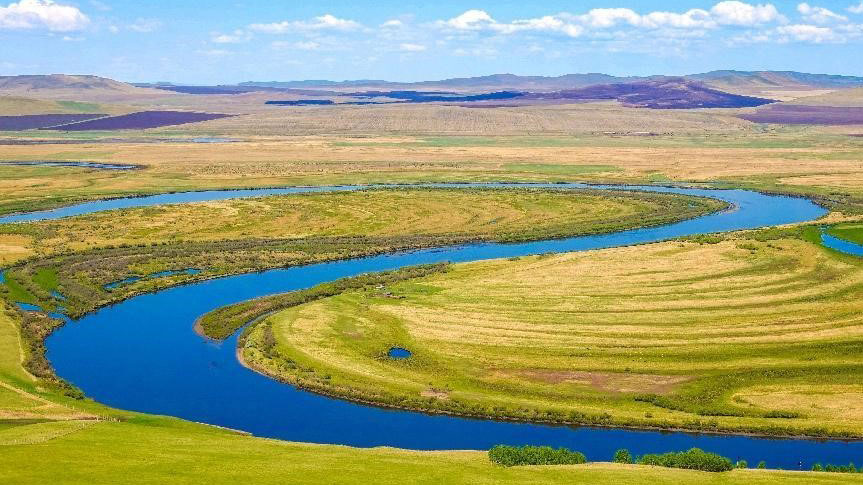U.S. owes most to developing countries for excessive CO2 emissions: study
BEIJING, June 8 (Xinhua) -- The United States would become the biggest debtor responsible for excessive levels of CO2 emissions by 2050, said a recent study.
Global North countries hold "overwhelming responsibility" for climate breakdown, and could be liable to pay 170 trillion U.S. dollars in compensation by 2050 to ensure climate targets are met, said the study published Monday in the scientific journal Nature Sustainability.
A proposal of compensation was made in the study by a team of researchers, led by Andrew Fanning, to calculate the money that over-emitting countries owe to low-emitting countries "for atmospheric appropriation and climate-related damages."
The United States, as the result showed, holds the single largest climate debt, around 80 trillion dollars, to low-emitting countries including India and China, said Fanning, a visiting research fellow at the University of Leeds and head of research and data analysis at the Doughnut Economics Action Lab in Oxford.
"Not all countries are equally responsible for the depletion of carbon budgets, some nations have contributed more to causing this crisis than others," said the study.
This disproportionate historical responsibility is problematic from a climate justice perspective that recognizes the atmosphere as "a shared commons," to which all people are entitled to a fair and equitable use, it noted.
However, developed countries remained passive in providing financial and technical support to developing countries, and had yet to deliver their pledged funding of 100 billion dollars a year.
In November 2022, the 27th session of the Conference of the Parties to the United Nations Framework Convention on Climate Change was held in Sharm El-Sheikh, Egypt.
As a highlight of the meeting, the conference finally agreed to establish a "loss and damage" fund to provide financial assistance to vulnerable countries hit hard by climate disasters, but this is only a first step.
Still subject to negotiations in 2023 are key issues such as the form of the fund, funding countries, allocation methods and assistance targets.
Photos
Related Stories
Copyright © 2023 People's Daily Online. All Rights Reserved.









